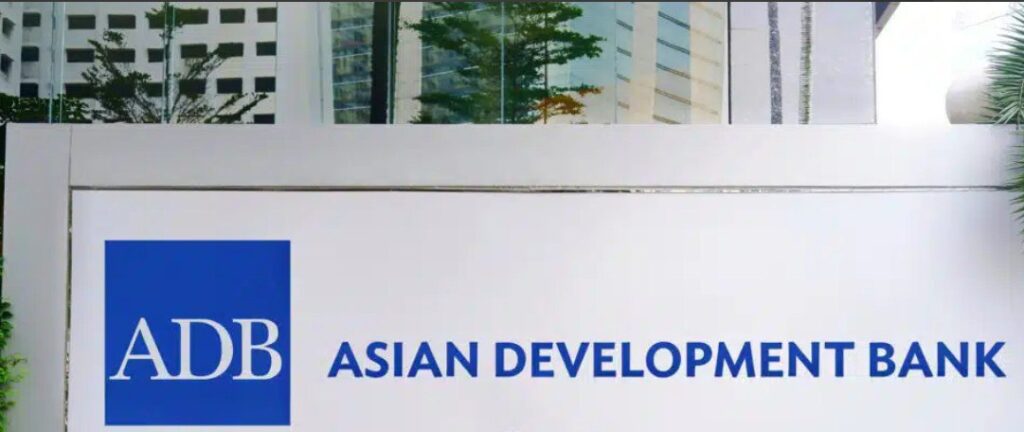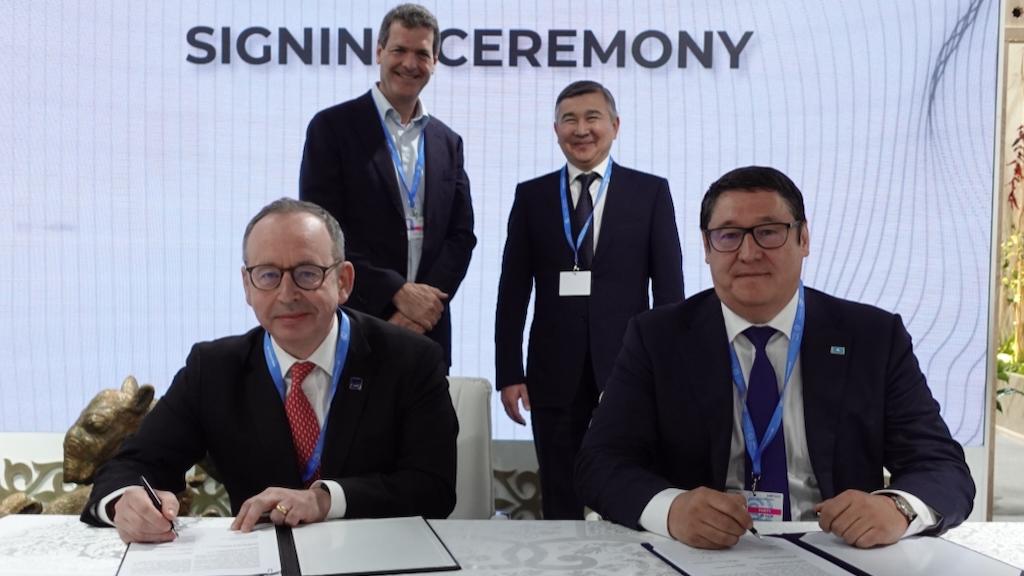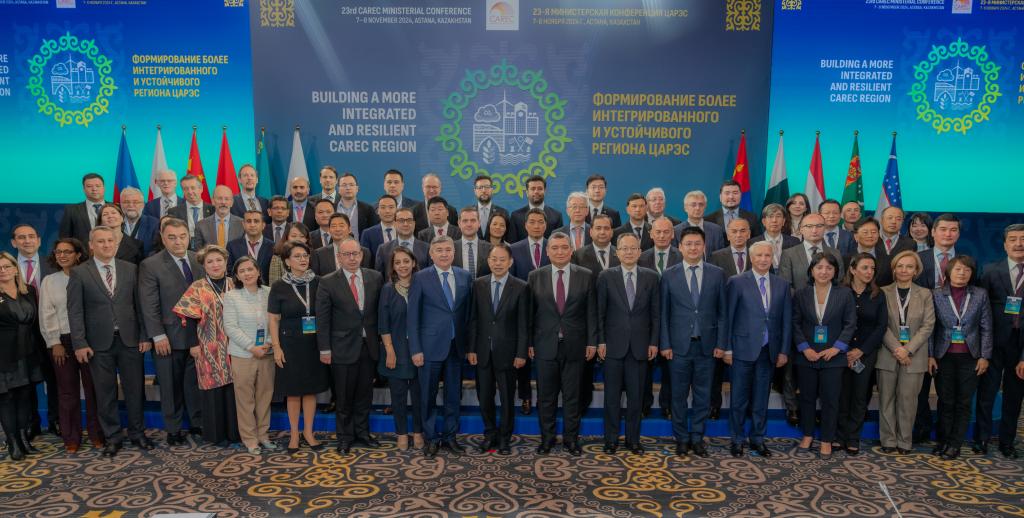ADB Approves $300 Million Loan to Support Small Business Growth in Uzbekistan
The Asian Development Bank (ADB) has approved a $300 million policy-based loan to boost the development of micro, small, and medium-sized enterprises (MSMEs) in Uzbekistan, with a particular focus on women-led businesses. The bank announced the decision on November 12. Of the total funding, $100 million will be provided on concessional terms to expand access to finance for MSMEs and strengthen Uzbekistan’s microfinance sector. The loan forms part of the second phase of the ADB’s Inclusive Finance Sector Development Program, which builds on earlier efforts to improve the legal and institutional framework for inclusive finance in the country. Key reforms have included raising the ceiling on microloans, modernizing microfinance regulations, joining the Women Entrepreneurs Finance Code, and introducing frameworks for Islamic microfinance. “ADB is proud to support Uzbekistan’s transition to a more inclusive and market-based financial system,” said ADB Country Director for Uzbekistan Kanokpan Lao-Araya. “This program will help unlock access to finance for the self-employed and microentrepreneurs, promote gender equality, and strengthen consumer protection in the financial sector.” The latest phase of the program introduces new policy measures aimed at enhancing responsible lending, regulating emerging products such as “buy now, pay later” services, and strengthening digital financial supervision. It also advances gender equality by supporting sectoral policies that implement gender-based financing quotas and improve the reporting of sex-disaggregated data. An evaluation of Uzbekistan’s National Financial Inclusion Strategy (2021-2023) revealed that 60 percent of adults now hold accounts with formal financial institutions, a significant gain attributed to rapid digitalization. The new program aims to further modernize the microfinance sector by allowing the creation of deposit-taking microfinance banks, two of which have already received preliminary licenses. This year marks the 30th anniversary of ADB-Uzbekistan cooperation. Since 1995, the bank has committed $14.6 billion in loans, grants, and technical assistance to the country. Uzbekistan has also been selected to chair the ADB Board of Governors for 2025-2026. Samarkand is set to host the ADB’s 59th Annual Meeting in May 2026.






